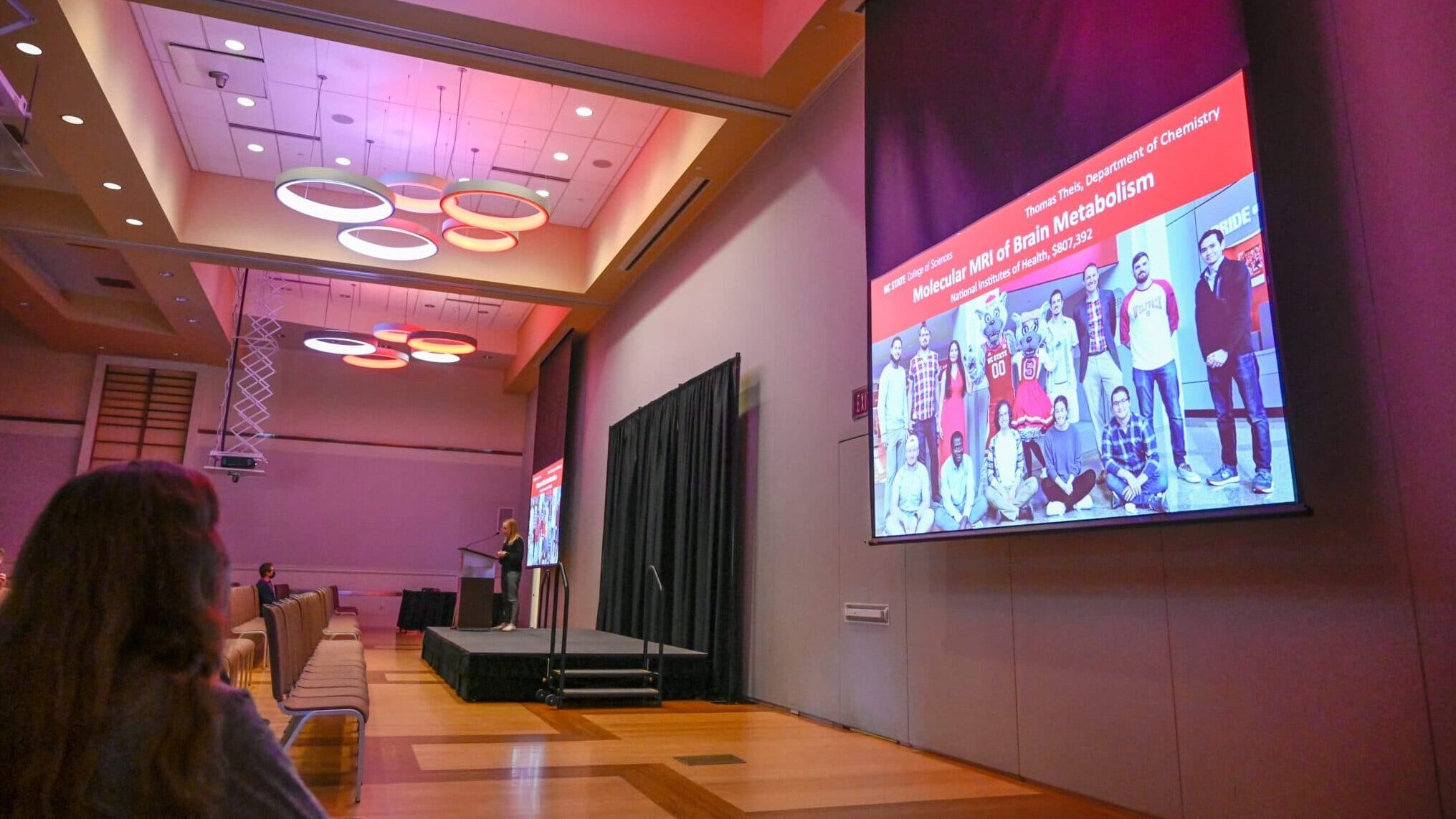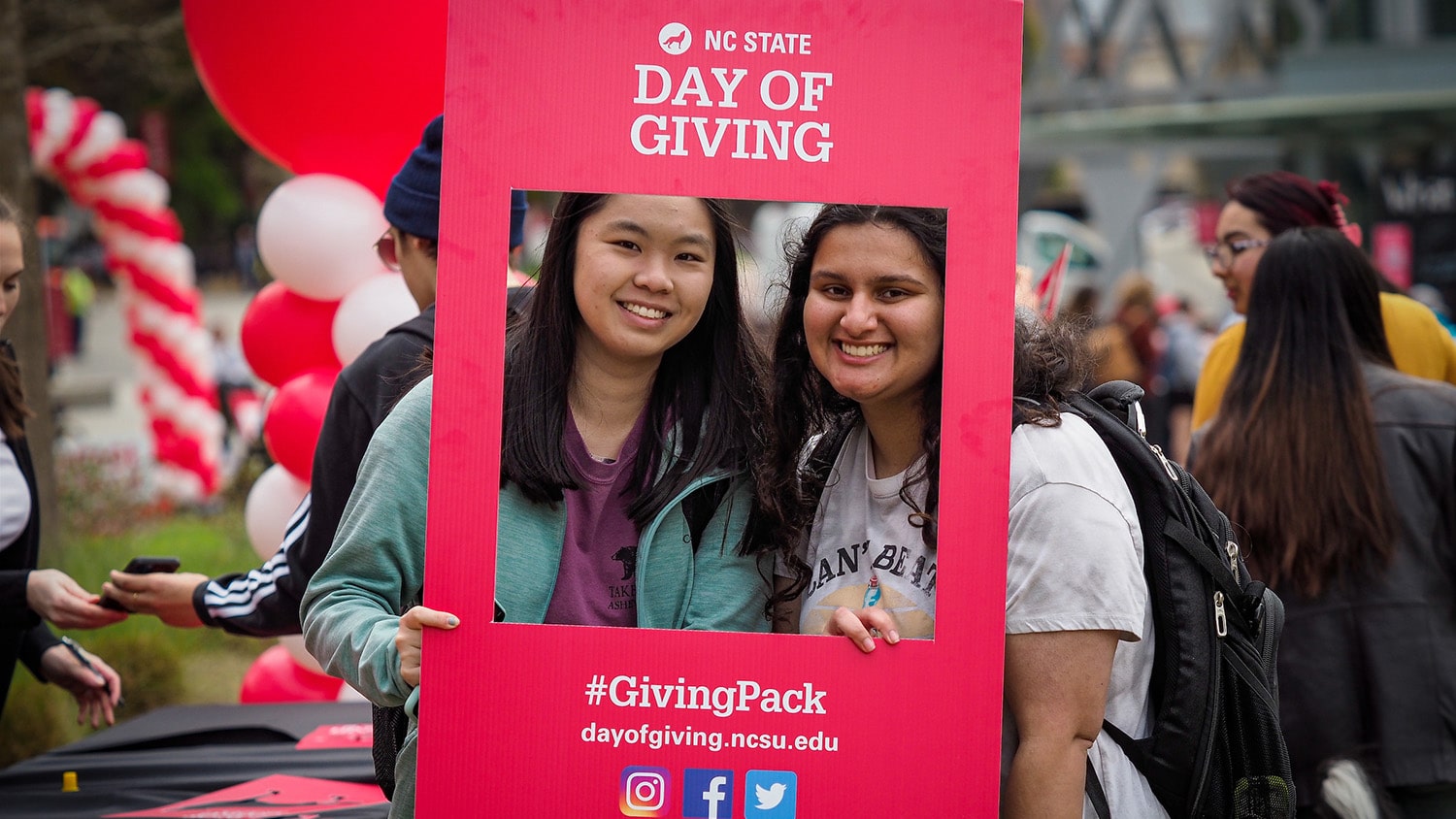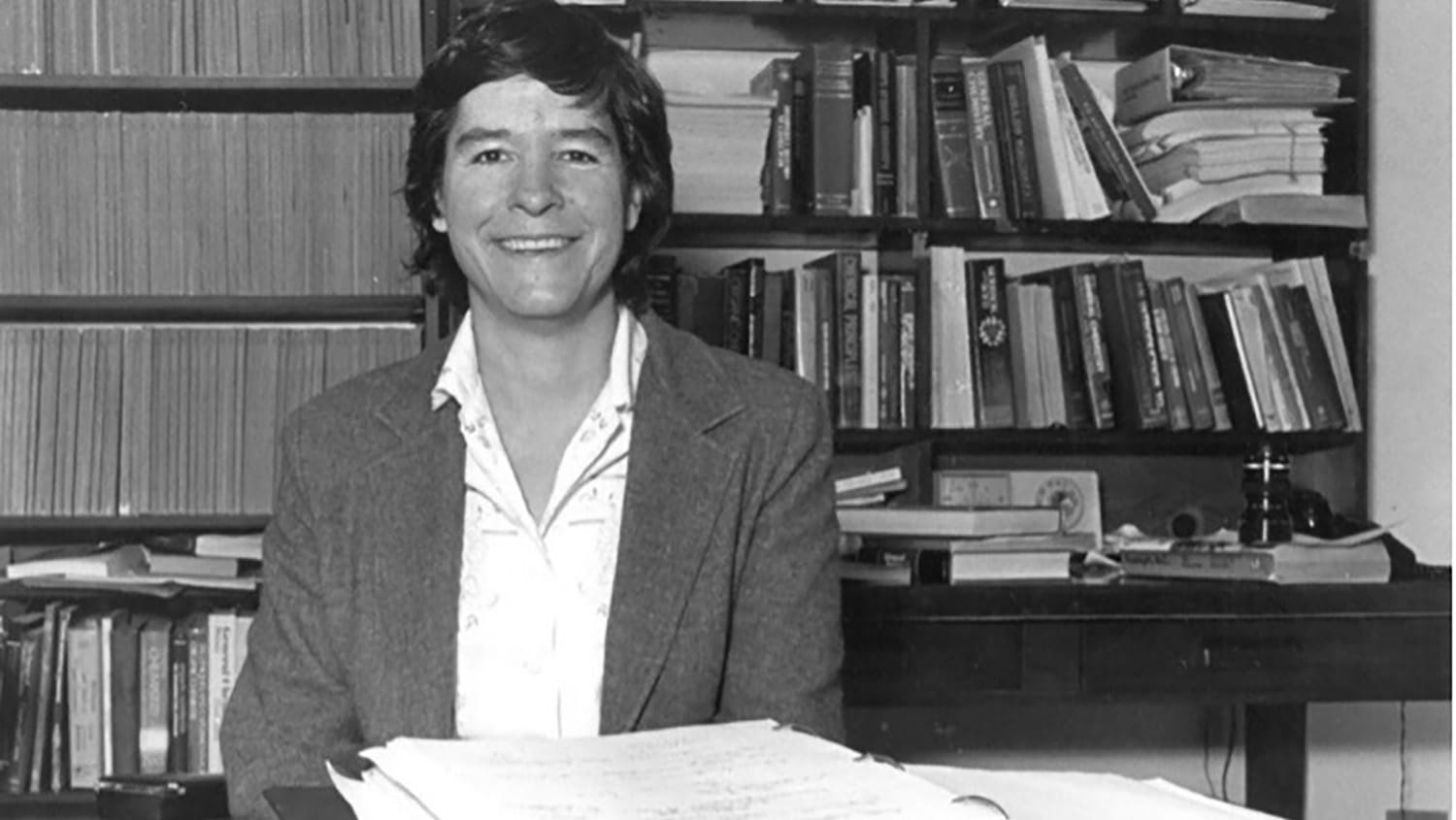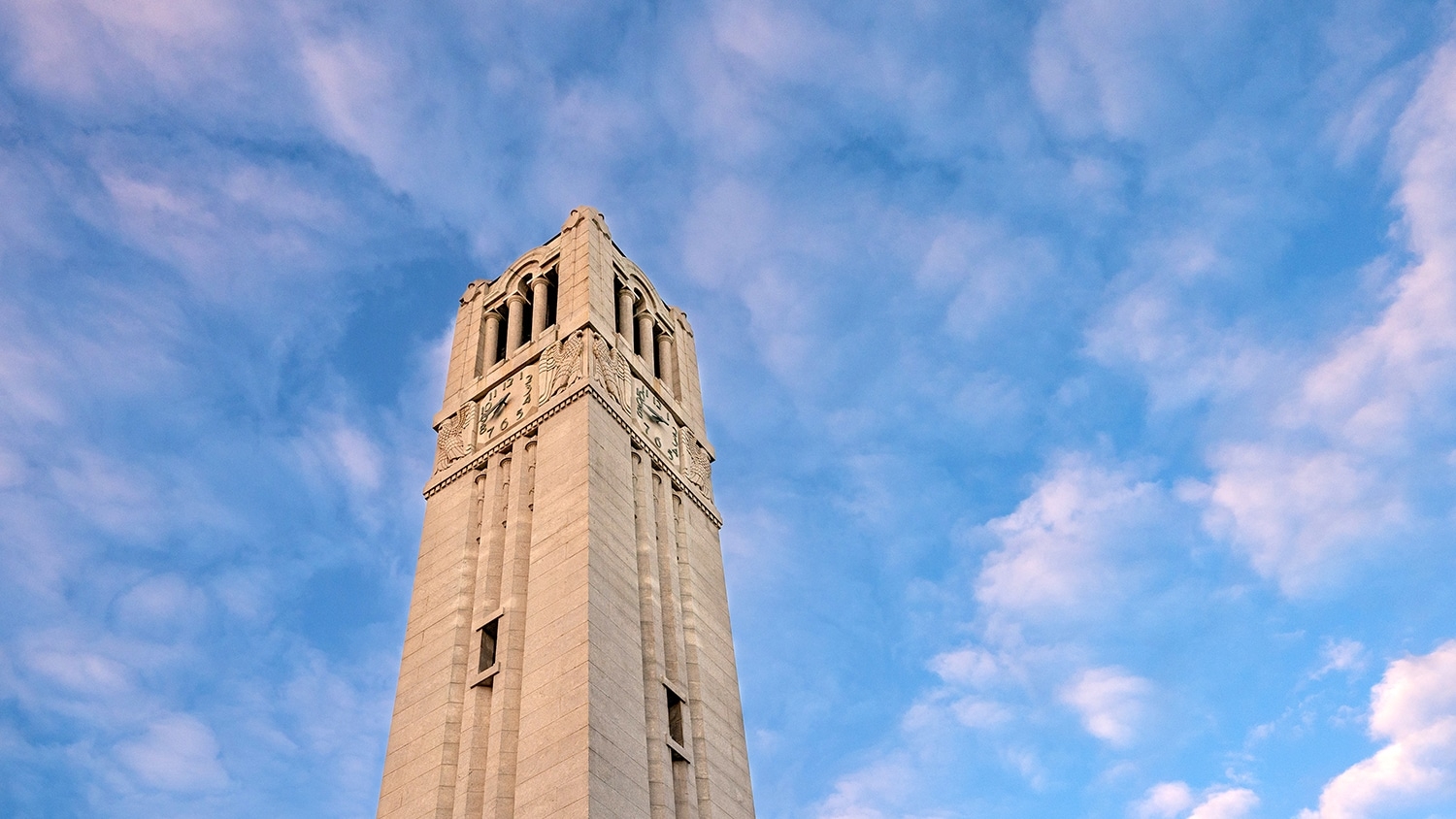Dozens of students presented work that addressed grand challenges in health, the environment and other areas Nov. 5 at the first College of Sciences Research Symposium at Talley Student Union. The symposium brought together graduate students and postdoctoral researchers to share interdisciplinary research that can solve big scientific and societal problems.
“This college is a research powerhouse, and we wanted to hold this symposium to show off all the incredible work that graduate students and postdocs are contributing,” said Heather Patisaul, associate dean for research in the college. “I think the audience came away with the sense that we have some of the best student researchers in the country.”
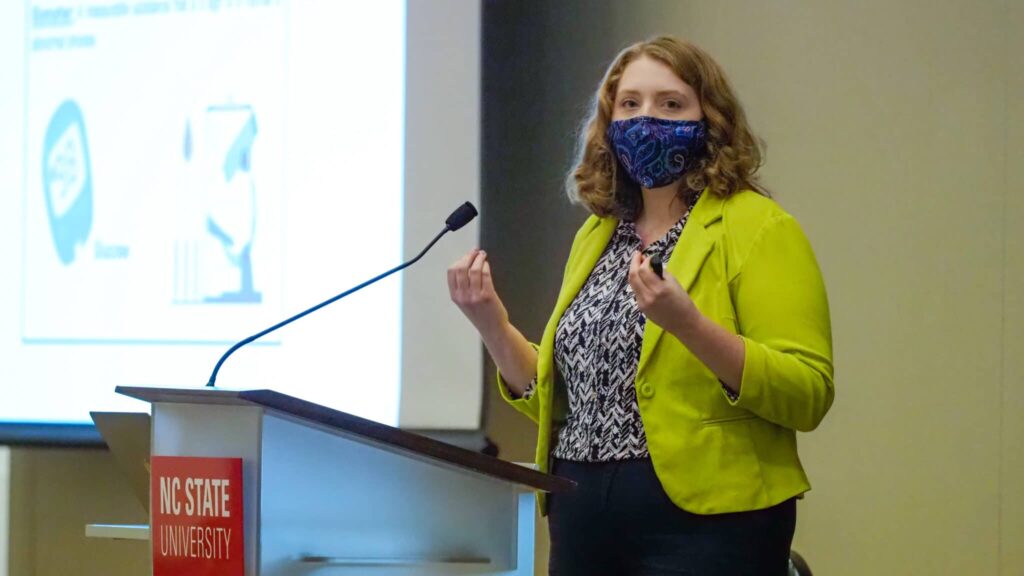
The event was headlined by keynote speaker Julian Reyes, national coordinator for the U.S. Department of Agriculture (USDA) Climate Hubs program. In a keynote address entitled “From Local to Global: Building Capacity to Address the Climate Crisis,” Reyes outlined reasons for addressing the climate crisis and explained what the USDA is doing to spread awareness. Later in the event, students had the chance to speak with Reyes in small group settings.
The event also included research presentations by 12 students representing each of the college’s six academic departments. Many of the presenters covered serious challenges faced by our planet and society, such as environmental contamination and cancer genomics. There were also 22 poster presentations that were judged for awards later in the day, with Sierra Moorefield in toxicology and Patrick TomHon in chemistry taking home the honors.
Among the poster presenters was microbiology student Andrew Ratchford, who dedicated his work to a family member.
“I first became interested in antibiotic resistance when my parent contracted a Staphylococcus infection, or MRSA, from an outpatient surgery,” he said. “I definitely plan to continue my research on the relationship between bacterial pathogens and novel antimicrobial therapeutics.”
Many students also attended a lunch with alumni and volunteers. The lunch gave students a chance to network with industry professionals and learn more about life after NC State.
“The students came away from this event with lots of good feedback on their work, plus they built relationships that can help them in their careers,” Patisaul said. “We can’t wait to do it again next year.”
